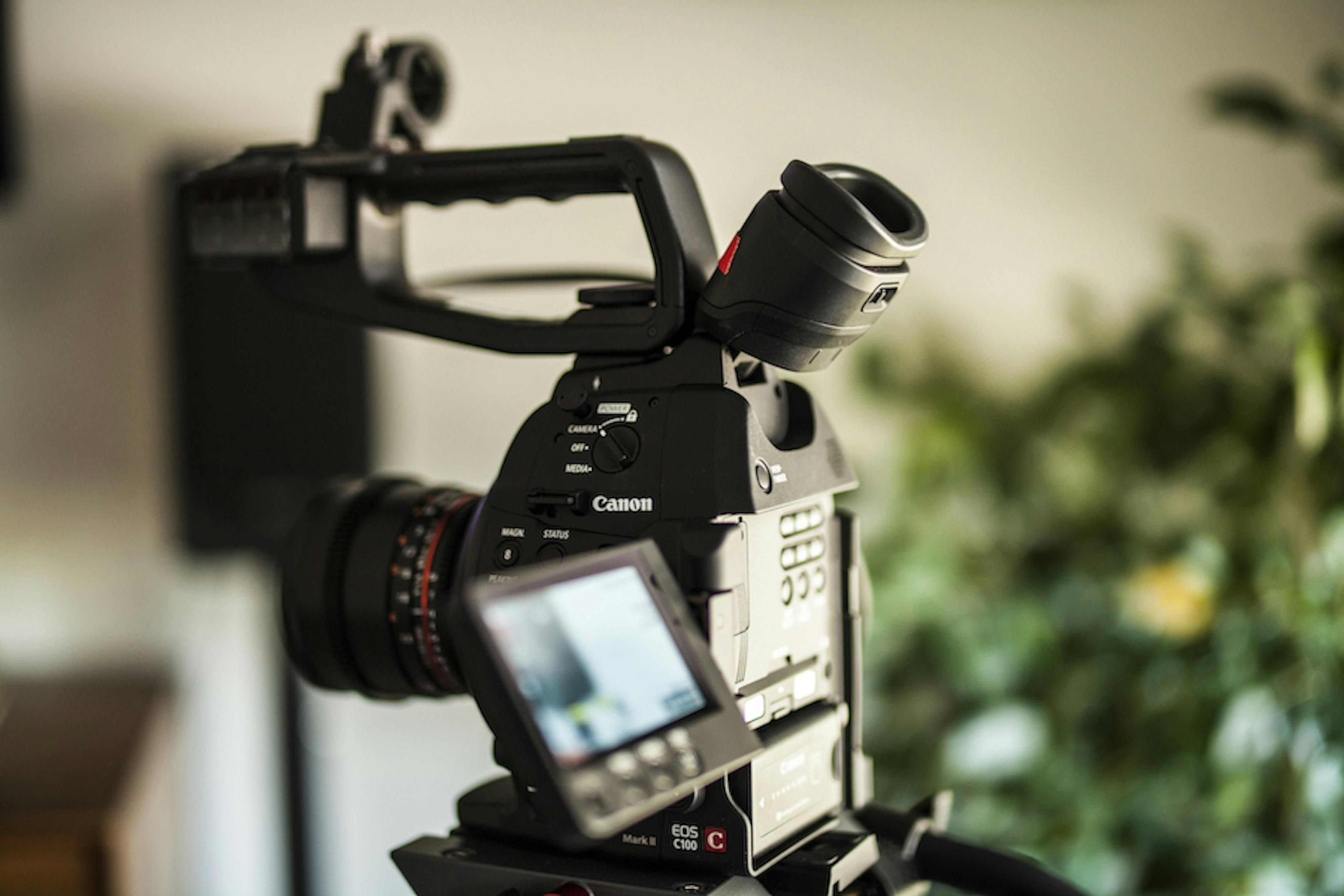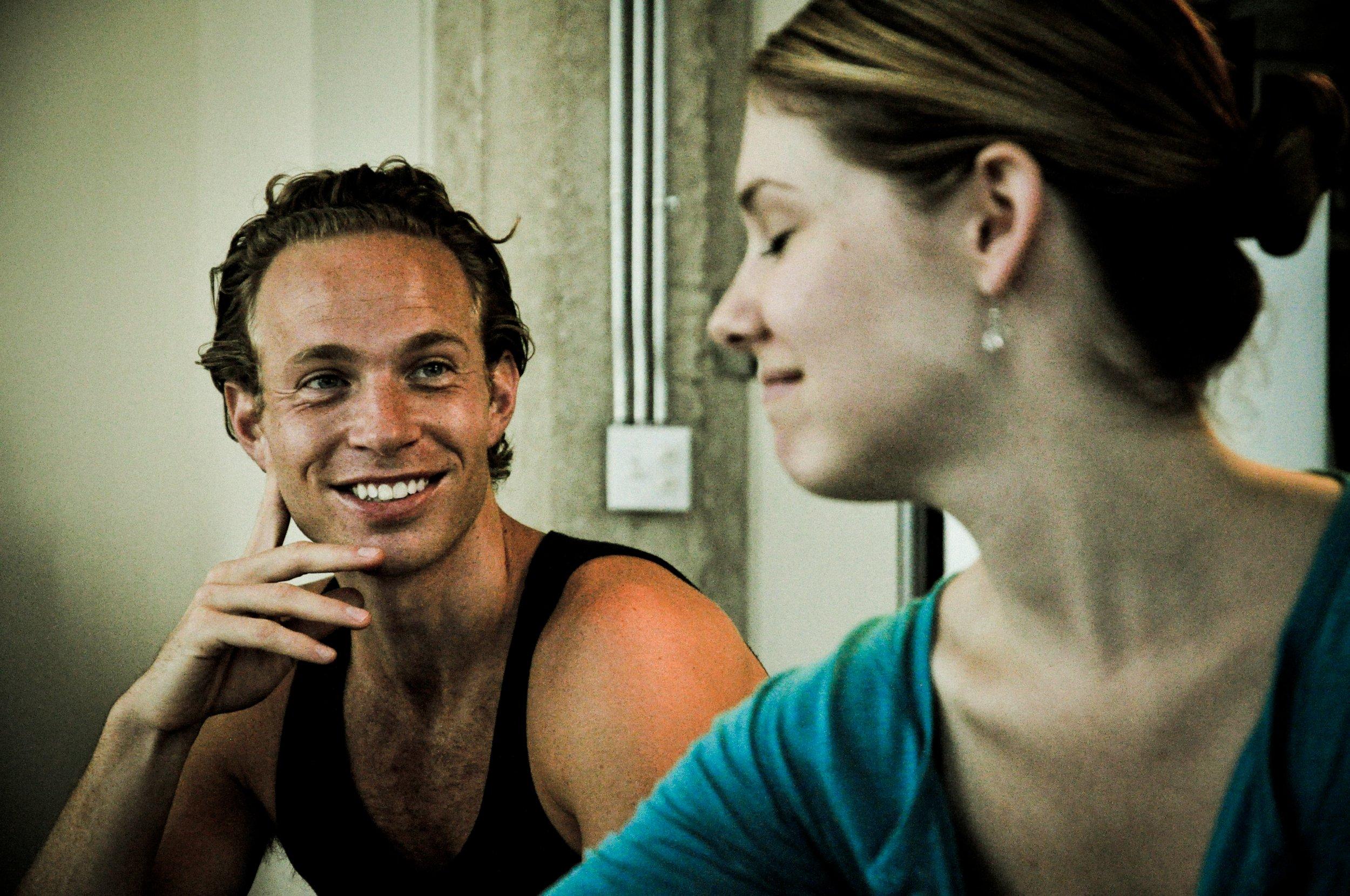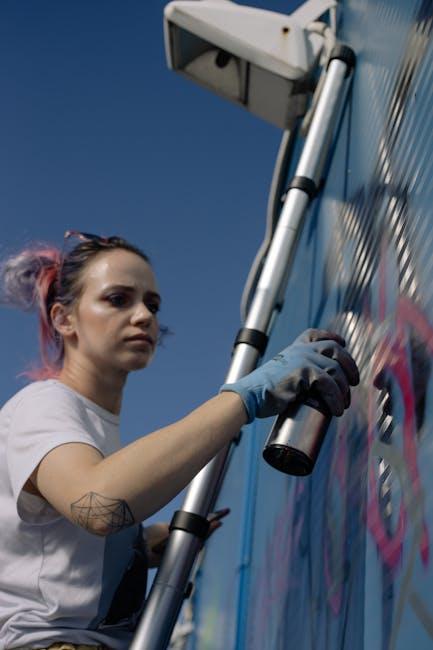In the intricate dance of filmmaking, where scripts serve as the foundation, improvisation emerges as a powerful force, breathing life into each scene with spontaneity and depth. As directors and actors embrace the art of the unexpected, they unlock a reservoir of genuine emotion and authenticity that scripted lines often struggle to capture. This exploration delves into how improvisation on set not only enhances the authenticity of film scenes but also transforms the cinematic experience, inviting audiences to connect with characters and narratives on a profoundly human level.
Unlocking Genuine Reactions Through Spontaneity
In the realm of filmmaking, spontaneity can be a powerful tool for evoking genuine reactions. When actors are encouraged to improvise, they often tap into a wellspring of authenticity that scripted lines might not always reach. This approach allows performers to explore their characters in the moment, leading to unexpected discoveries that can enrich a scene. The unscripted nature of improvisation can generate organic dialogue and interactions, breathing life into the narrative in a way that resonates with audiences.
- Emotional Depth: Improvised moments often capture raw emotions, offering a glimpse into the characters’ true selves.
- Realistic Interactions: Natural conversations emerge, reflecting the unpredictability of real-life exchanges.
- Creative Freedom: Actors have the liberty to explore different facets of their roles, resulting in nuanced performances.
By embracing the unexpected, directors and actors can unlock a level of authenticity that enriches the storytelling experience, leaving a lasting impact on viewers.

Cultivating a Collaborative Atmosphere for Creativity
In the realm of filmmaking, the synergy between cast and crew can significantly elevate the authenticity of a scene. When a director encourages a spirit of collaboration, it opens the door for spontaneous creativity. Improvisation on set can often lead to unexpected moments that feel genuine and unrehearsed, resonating with audiences on a deeper level. This collaborative atmosphere invites actors to explore their characters more fully, allowing them to react in real-time and bring a unique vitality to their performances.
- Enhanced Character Depth: Actors gain the freedom to delve deeper into their roles, exploring emotions and reactions that might not be captured in the script.
- Organic Dialogue: Lines delivered spontaneously can sound more natural, capturing the nuances of real-life conversation.
- Creative Problem Solving: On-the-spot improvisation can provide innovative solutions to unexpected challenges, whether technical or narrative.
By fostering an environment where ideas can flow freely, filmmakers not only enrich the storytelling process but also empower their teams to contribute meaningfully to the cinematic vision.

Harnessing Unscripted Moments for Emotional Depth
In the world of filmmaking, the beauty of improvisation lies in its ability to tap into the raw, unfiltered emotions of the actors. When performers step outside the boundaries of a script, they often discover nuances and layers within their characters that might otherwise remain hidden. These spontaneous moments can infuse a scene with genuine emotion, allowing audiences to connect on a deeper level. By embracing the unpredictable, directors can capture performances that feel authentic and relatable.
- Enhanced Character Development: Actors have the freedom to explore their roles more fully, creating a richer, more nuanced portrayal.
- Organic Dialogue: Conversations unfold naturally, mirroring real-life interactions and adding to the scene’s credibility.
- Unexpected Chemistry: Unscripted interactions can reveal surprising dynamics between characters, leading to memorable on-screen relationships.

Balancing Scripted Structure with Improvised Freedom
In the dynamic world of filmmaking, finding the sweet spot between a meticulously crafted script and the spontaneous energy of improvisation can elevate a scene from compelling to unforgettable. Scripted scenes provide the backbone, ensuring that the narrative remains coherent and focused. However, allowing actors the freedom to improvise can breathe life into characters, fostering moments of genuine connection and unexpected humor.
Consider the following elements that benefit from this balance:
- Character Depth: Improvisation allows actors to explore their characters beyond the written page, uncovering hidden layers and nuances that can enrich the story.
- Natural Dialogue: When actors veer off script, conversations can flow more naturally, reflecting real-life speech patterns and emotional authenticity.
- Emotional Resonance: Unplanned reactions often capture raw emotions, creating scenes that resonate more deeply with audiences.
By weaving these elements into the fabric of a film, directors and actors craft scenes that are not only authentic but also deeply engaging, striking a harmonious chord between structure and spontaneity.

